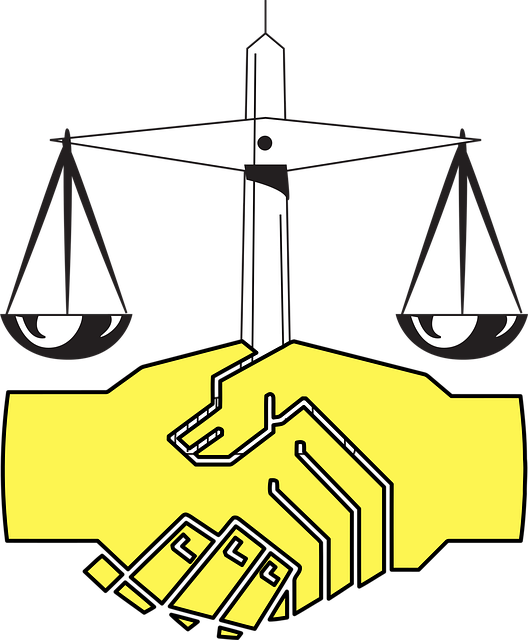RF Regulatory Agency investigations into wireless communication standards and safety protocols require proactive strategies in defamation litigation. Key steps include thorough record-keeping, expert consultations, and engaging legal counsel to mitigate penalties, refute claims, and protect public image, ultimately aiming for charge dismissal.
In today’s interconnected world, RF regulatory agency investigations can significantly impact businesses operating in wireless technologies. Understanding these processes is crucial for ensuring compliance and defending against potential accusations. This article delves into the intricacies of RF regulatory agency investigations, offering successful strategies in defamation litigation to prepare, respond, and protect your reputation. From navigating queries effectively to employing robust litigation tactics, gain insights that empower you to excel in this dynamic landscape.
- Understanding RF Regulatory Agency Investigations
- Strategies to Prepare for and Respond to Queries
- Defending Your Reputation: Effective Litigation Tactics
Understanding RF Regulatory Agency Investigations

RF Regulatory Agency Investigations play a critical role in ensuring compliance with wireless communication standards and safety protocols. These investigations can stem from various concerns, including allegations of white-collar and economic crimes, non-compliance with regulations, or incidents involving potentially harmful emissions. Understanding the process is key to developing successful strategies in defamation litigation, especially when navigating complex legal landscapes.
Agencies employ a range of tools and tactics, from technical audits to witness interviews, to gather evidence and assess violations. A thorough understanding of these investigations allows individuals and organizations to proactively address potential issues, ultimately aiming for complete dismissal of all charges. Over the years, achieving extraordinary results in such cases has highlighted the importance of meticulous record-keeping, expert consultations, and a proactive approach to risk management.
Strategies to Prepare for and Respond to Queries

When faced with an RF Regulatory Agency investigation, preparation is key. Successful strategies in defamation litigation often involve a thorough understanding of the allegations and gathering relevant evidence to support your case. Engage in proactive communication with the agency, seeking clarification on the scope of their inquiry and any specific concerns they have identified. This demonstrates cooperation and can help mitigate potential penalties.
Create a detailed record of all communications related to the investigation, including emails, letters, and meeting notes. Organize documentation that refutes the allegations or provides context to any perceived violations. Be prepared to present this evidence during jury trials or hearings in general criminal defense scenarios. Additionally, consider involving legal counsel specializing in regulatory affairs to guide your response, ensuring compliance with the agency’s expectations while protecting your rights within the philanthropic and political communities.
Defending Your Reputation: Effective Litigation Tactics

When facing an RF Regulatory Agency investigation, protecting your reputation is paramount. One of the most effective tools in your arsenal for achieving this is successful strategies in defamation litigation. In high-stakes cases, whether involving corporate or individual clients across the country, a robust legal defense can make all the difference.
Employing strategic tactics such as meticulous documentation and evidence gathering, prompt responses to allegations, and clear communication with regulatory bodies can help mitigate damage to your reputation. Additionally, presenting a compelling narrative that emphasizes compliance efforts and refutes inaccurate claims is crucial. Legal professionals experienced in navigating complex regulatory landscapes offer invaluable guidance, ensuring you not only defend against accusations but also emerge with a strengthened public image.
RF Regulatory Agency investigations can be complex and challenging, but with the right preparation and strategies, companies can effectively navigate these processes. By understanding the nature of these inquiries and implementing proactive measures, organizations can protect their reputation and maintain compliance. Successful strategies in defamation litigation include thorough documentation, transparent communication, and robust legal representation. Adopting these tactics ensures a stronger defense against potential allegations, allowing businesses to emerge with enhanced credibility.






